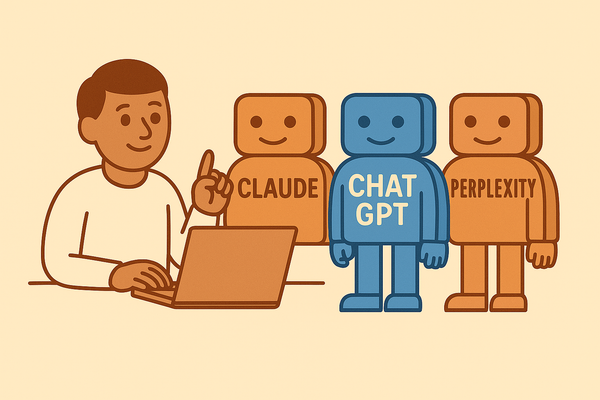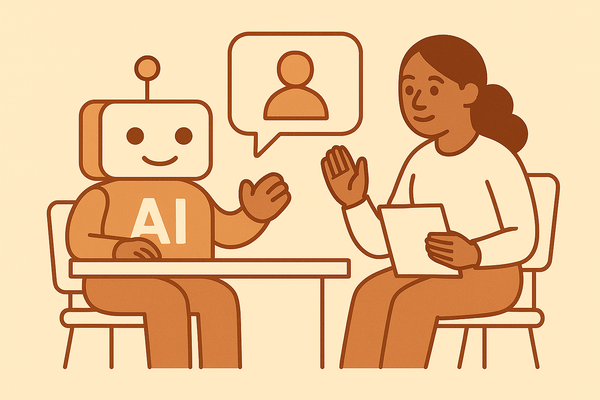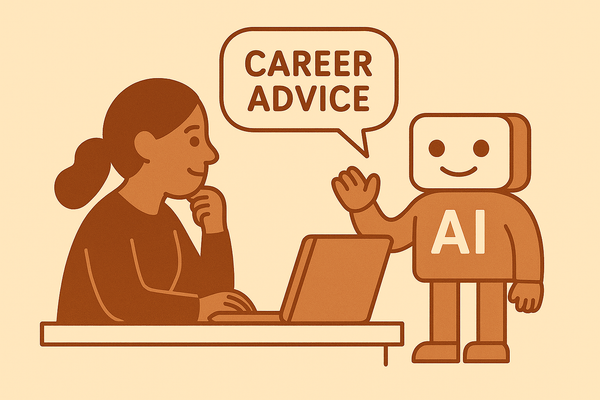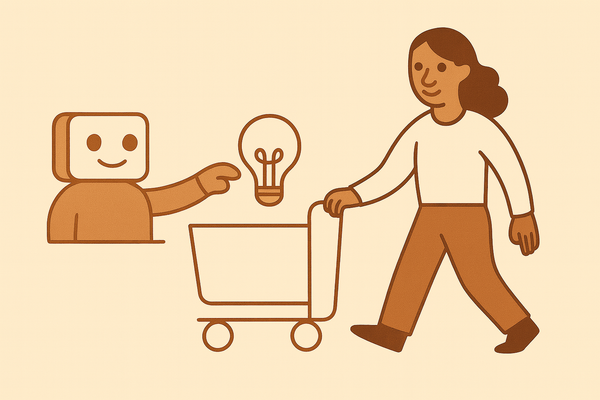The Automation Paradox: Why You Should Automate Yourself Out of Your Work
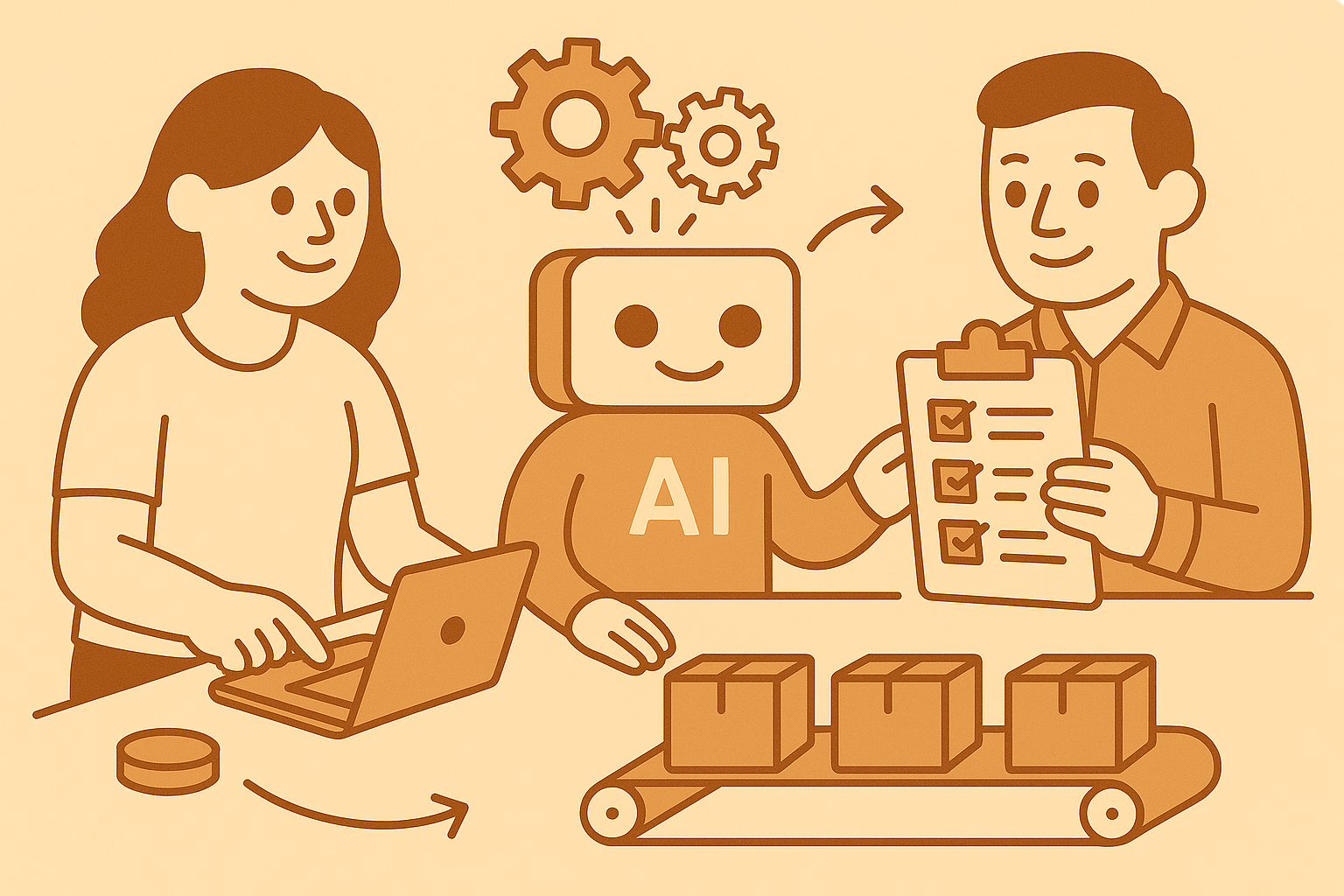
I've been thinking about something lately that might sound counterintuitive.
What if the goal isn't to get better at using AI, but to get better at managing it?
Most people I talk to are still thinking about AI as either a threat or an assistant. But I think we're missing the real shift that's coming.
The future isn't about you vs. AI or even you working alongside AI. It's about you directing AI that handles work you used to do directly.
You're not losing your job. You're changing your relationship to it.
From Doing to Directing
Here's what I mean.
Right now, you probably write emails, create reports, analyze data, schedule meetings. Standard stuff.
Now imagine those tasks still get done, but by AI working under your direction. Not delegated to another person on your team. Delegated to systems that can handle what you used to do manually.
The work happens. Your role changes.
This might sound scary. Like you're automating yourself out of relevance.
But I don't think that's what actually happens. The people who figure out how to direct these systems effectively will have a massive advantage over those who don't.
What This Looks Like Today
We're already seeing early versions of this shift.
Last week I wrote about AI competencies at Zapier. But the most concrete example I can give you is automations. Building systems that handle parts of your workflow without you.
Maybe you set up something that automatically sorts your emails by priority. Or generates first drafts of reports you write every month. Or schedules follow-ups based on project milestones.
These aren't just productivity hacks. They're practice runs for a future where orchestrating AI becomes central to how you work.
I've started doing this myself. Simple automations at first, then more complex workflows. The shift in mindset is noticeable. Instead of thinking "I need to do this task," I start thinking "How can I set up a system to handle this?"
Start With an Audit
Here's something practical you can try.
Write down everything you do that's manual and repetitive. All of it.
Don't just identify what could be automated. Map out the actual process. What are the steps? What decisions get made? What context is needed?
This builds on the "intern test" I wrote about before. But think of it as part two.
You're not trying to eliminate your job. You're trying to understand how your work could be restructured so you're directing instead of doing.
And here's the thing - at some point, doing certain tasks manually just isn't a good use of your time anymore. It's not that the work isn't important. It's that technology has advanced to where it can handle it better and faster than you can.
We don't use typewriters anymore, not because typing wasn't valuable, but because computers made it more efficient. Same principle applies here. It's not about you. It's about technological advancement.
It's Still About Communication
What makes someone good at managing AI?
The same thing that makes someone good at managing people. Communication.
I've written before about prompting and getting consistent outputs from AI. Most of that comes down to being clear about what you want, providing the right context, knowing how to iterate.
But there's more to it when you need something to run without you. You have to think through edge cases. Error handling. When to escalate.
It's project management. Just with AI instead of people.
The interesting thing? Research shows that professionals with what they call a "paradox mindset" see 2.5 times higher productivity gains when using automation tools. People who can embrace the tension of automating their own work tend to thrive.
The goal isn't to replace yourself. It's to multiply yourself.
And the people who figure that out first will be the ones setting the pace for everyone else.

